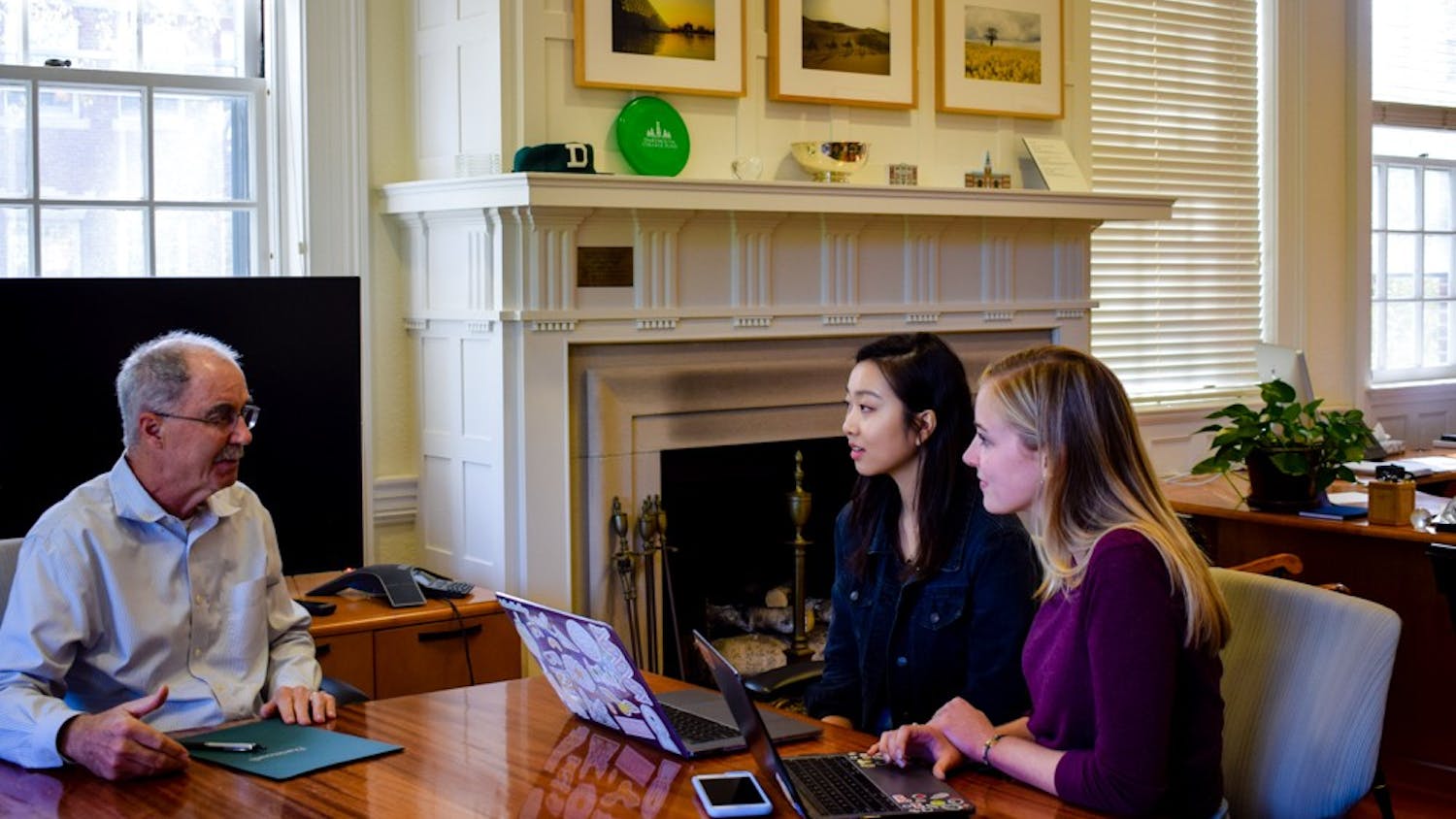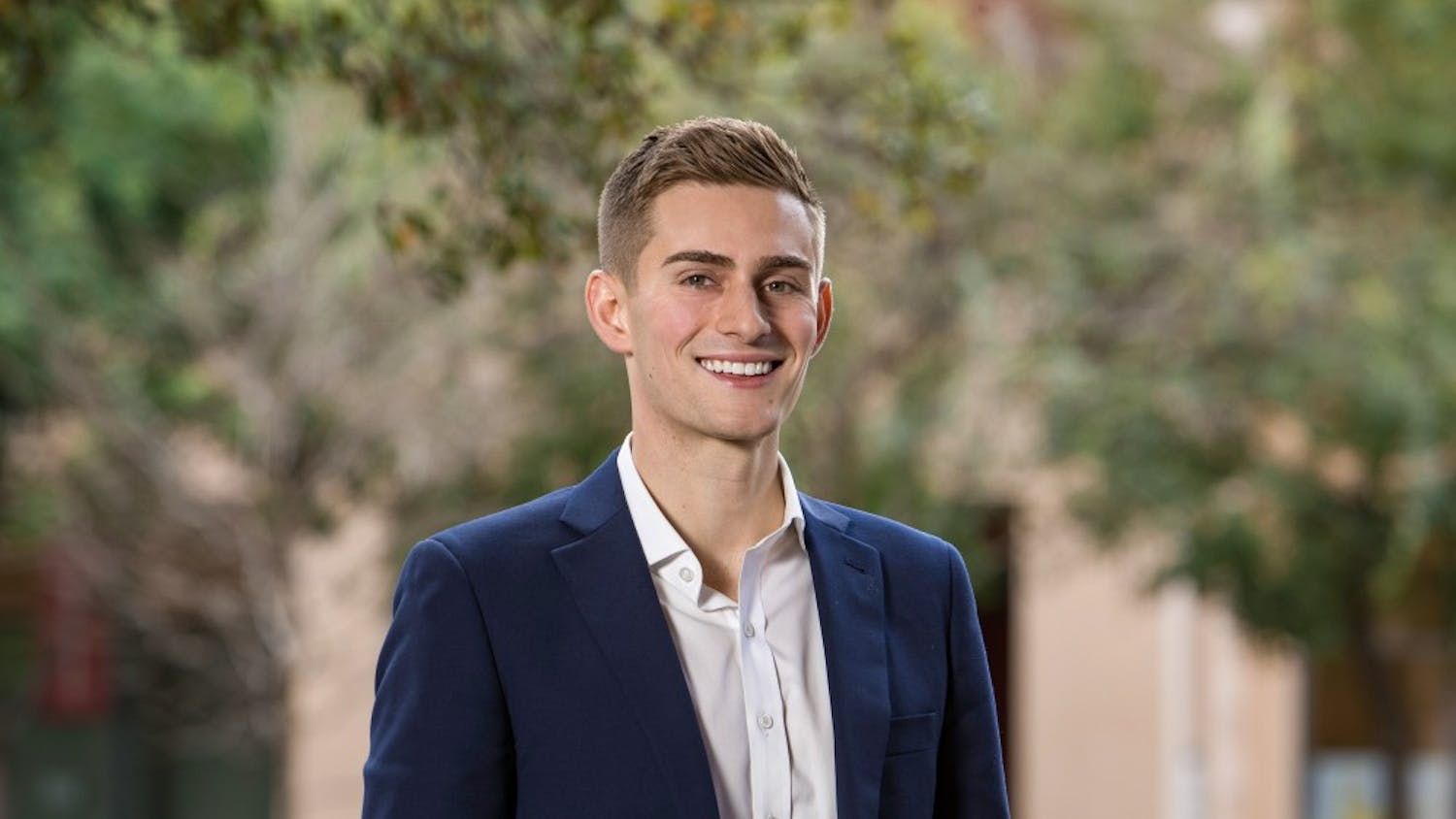When you think of global health, you likely think something along the lines of aiding with emerging diseases and health issues abroad. While these tasks are a part of global health, the field extends much farther beyond that. At Dartmouth, global health encompasses domestic health concerns, as well as looking at the intersections of health equity, human rights and cultural implications in health.
For students interested in global health, there are many paths to take. The College offers both curricular and co-curricular opportunities to study global health within the anthropology department and the Global Health Initiative at the Dickey Center for International Understanding.
In the anthropology department, students can choose to either minor in global health or major in anthropology modified with global health, according to anthropology professor Sienna Craig. Anthropology department administrator Amy Potter said that Craig spearheaded the development of the global health minor, which went into effect in 2011. Since then, the number of global health minors has steadily grown from three students in 2012 to 23 this year, according to Potter.
The minor is set up as a ‘choose your own adventure,’ Craig explained, requiring an introductory course and five courses, each in a different approach to global health. Four of these six classes are required to be taken in the anthropology department, and many students choose to take the outside classes in departments such as biology and geography, Craig said.
“My goal with the minor was to have it at some level rooted in one discipline, but recognize that to be a successful global health worker or scholar you need a lot of interdisciplinary tools and skills,” Craig said. “Not one discipline, not one approach can … fully understand global health issues or solve global health problems.”
Lily Simon ’22 is pursuing a global health minor and has taken a few classes in global health both in the anthropology department and other departments. She said one of her favorite classes has been GEOG 6, “Introduction to International Development,” because it opened her eyes to how much action needs to be taken.
“[International development] was very motivating and inspired me to learn more and become more aware about what’s going on in the world and see if there’s any small thing I can do,” Simon said. “I appreciate that it’s learning about things that are happening now. I think it’s important to know what’s going on in the world.”
Another way to pursue global health at Dartmouth is through the Dickey Center, which includes opportunities such as internships, the Global Health Fellows program, a Global Health Certificate and the Global Health Policy Lab. These opportunities are not mutually exclusive with the global health minor, and many students who pursue the minor also participate in these options, according to Craig.
The Global Health Fellows program draws in undergraduate, medical and graduate students who have an interest in learning more about global health issues, according to Anne Sosin, the director for the Global Health Initiative.
“Students who have a strong interest in global health but whose academic strengths or passions may lie outside anthropology are quite well-served by the Global Health Fellows program,” Craig said. “The speaker series, leadership work and the retreat are not at all exclusive to one discipline; they draw from many disciplines.”
Hanna Bliska ’20, who has been a Global Health Fellow for three years, said the experience has been meaningful and positive for her. She said she would recommend this program to students of all majors because it encourages fellows to grapple with issues they otherwise would not have the chance to explore.
“I came into the program from a background of environmental studies and not really knowing too much about health, so a lot of it was a huge learning curve for me in terms of learning about these topics that involve a lot of medical understanding,” Bliska said. “It was great to be with other students that had all these different perspectives on health and came at it from all different backgrounds and wanted to discuss these issues in global health that are so important.”
Another one of the popular experiences offered by the Dickey Center is the global health certificate, which is a collection of four courses taken in global health in conjunction with a capstone project and a month-long field experience, although many students will do a full-term experience, according to Sosin.
The certificate was established as a way for students to have recognition for both their coursework and their fieldwork, Sosin said. These experiences are useful for students pursuing graduate studies as well as those pursuing professional opportunities in global health.
Kennedy Jensen ’18 Med ’23 said her experiences abroad have helped shape how she thinks about different health systems and how she views herself as an agent of change.
“[The certificate] is neat because it helps students reflect on how they’ve grown to understand the field of global health through both their classwork and their lived experiences,” Jensen said. “I found it valuable because it allowed me to reflect on my international internships through the lens of some of the course work that I’ve done.”
Having done two international internships during her undergraduate education, Jensen said she found herself prepared to think about difficult topics such as issues of health inequity, power imbalance and cultural humility.
“[Teaching ethical issues within global health] is something Dartmouth is really a leader on and something I’m really proud to say I was a part of,” Jensen said. “I think there’s always room for growth and change, but being a part of these programs is absolutely something that shaped my Dartmouth experience as a whole, and shaped the way that I think about and see the world and myself in it.”




